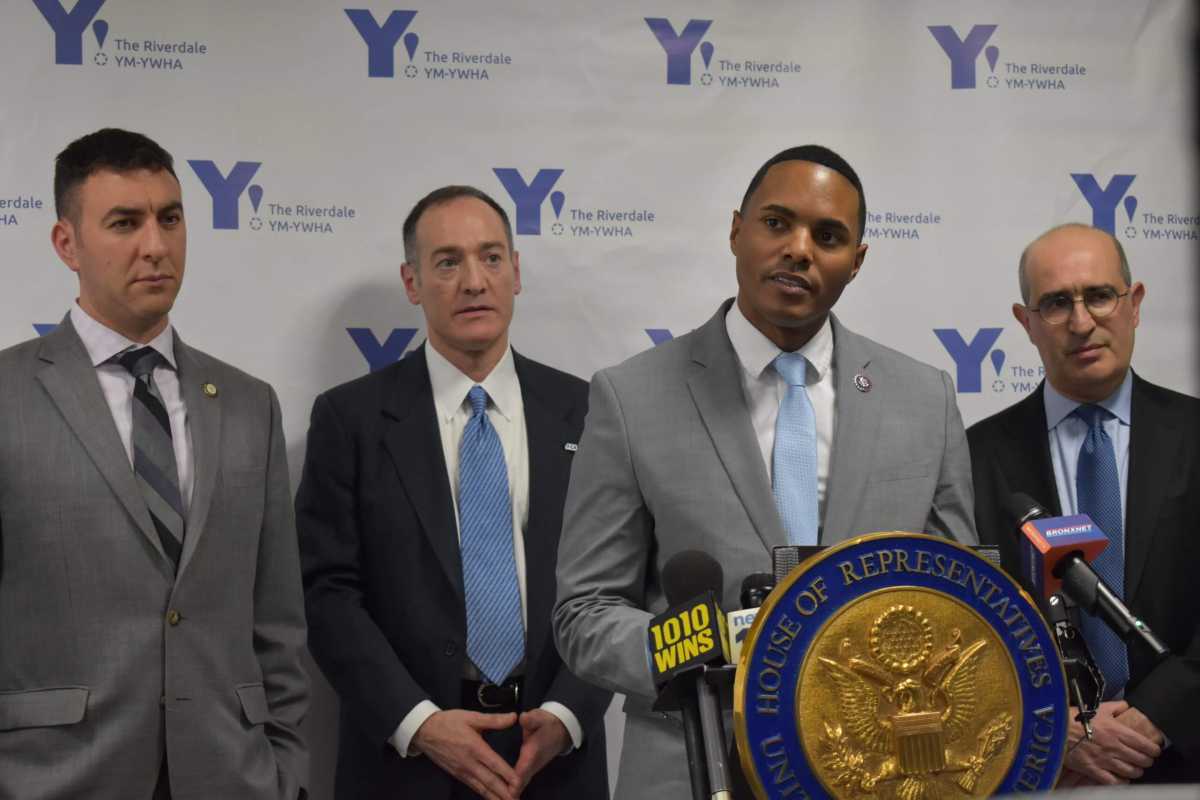Investing in the stock market has never been easier. With zero-commission trading and phone-based investment apps, more and more young people and our Black and brown neighbors are taking control of their financial future, putting money into investment accounts, and improving their financial literacy. These steps are key to building generational wealth, boosting small business creation and improving the economic health of our communities. This expanded participation in financial markets, especially when it comes to lower income and first-time investors, has been a bright spot in otherwise dreary economic times.
While our leaders in government should celebrate these gains, there is much more to do to fully dismantle the structures that have long shut young people and our communities out of the stock market. But recent proposals by the Securities and Exchange Commission (SEC) to completely overhaul how stocks are bought and sold risk setting us back in this effort.
As recently as 2019, people without any expertise in investing made up just 10% of the stock market’s total trading activity. But during the pandemic, that share skyrocketed, with everyday investors making up 25% of the market in 2020 and close to 30% in 2021. Due to disparities in reliable internet connectivity, a high percentage of Black and Hispanic households are mobile device-only internet users. However, the rise of app-based investment platforms has opened doors for many who never had access to the stock market previously.
As technology continues to break down barriers for communities traditionally shut out of the market, a recent report found that new investors “were younger, had lower incomes, and were more racially diverse” than ever. But that won’t remain the case if the SEC moves forward with its proposed rules that a broad coalition of experts agree are likely to undermine these gains in stock market participation and financial independence.
Indeed, this package of changes to our equity market structure has the potential to increase costs for our friends and neighbors and ultimately give more sophisticated institutional investors a leg up. As Bronx Congressman Ritchie Torres wrote to SEC Chair Gary Gensler, about some of the rules under consideration. “For example banning or unnecessarily restricting the practice of payment for order flow or requiring retail investors’ trades to be executed through an auction process – are untested and may go too far by (directly or indirectly) making our markets less efficient, increasing costs to invest, and causing some individual investors to exit the stock market altogether,” Torres said.
I couldn’t agree more with Congressman Torres. For far too long, our communities have been closed off from the stock market and the financial mobility that investing offers. I’ve dedicated my career to promoting economic prosperity in the Bronx, and I’ve fought hard for equitable access to opportunity. Financial independence and the chance to build personal wealth are critical to lifting up our communities who are navigating generational disparities. Small business creation and entrepreneurship depend on access to financial resources.
The advent of smart phone investment apps, low- or zero-cost trading commissions, no longer needing to maintain high account minimums, and the ability to purchase less than a full share of stock have unlocked the investment markets for younger and more diverse communities. The SEC should not finalize these new equity market structure rules without first thoroughly scrutinizing whether these proposals will undermine the gains made in the last few years. The economic well-being of our communities depends on it.
Rev. Carmen Hernandez is a Bronx-based community advocate and activist, and founding president of the NYC LGBTQS Chamber of Commerce.
For more coverage, follow us on Twitter, Facebook and Instagram @bronxtimes

























